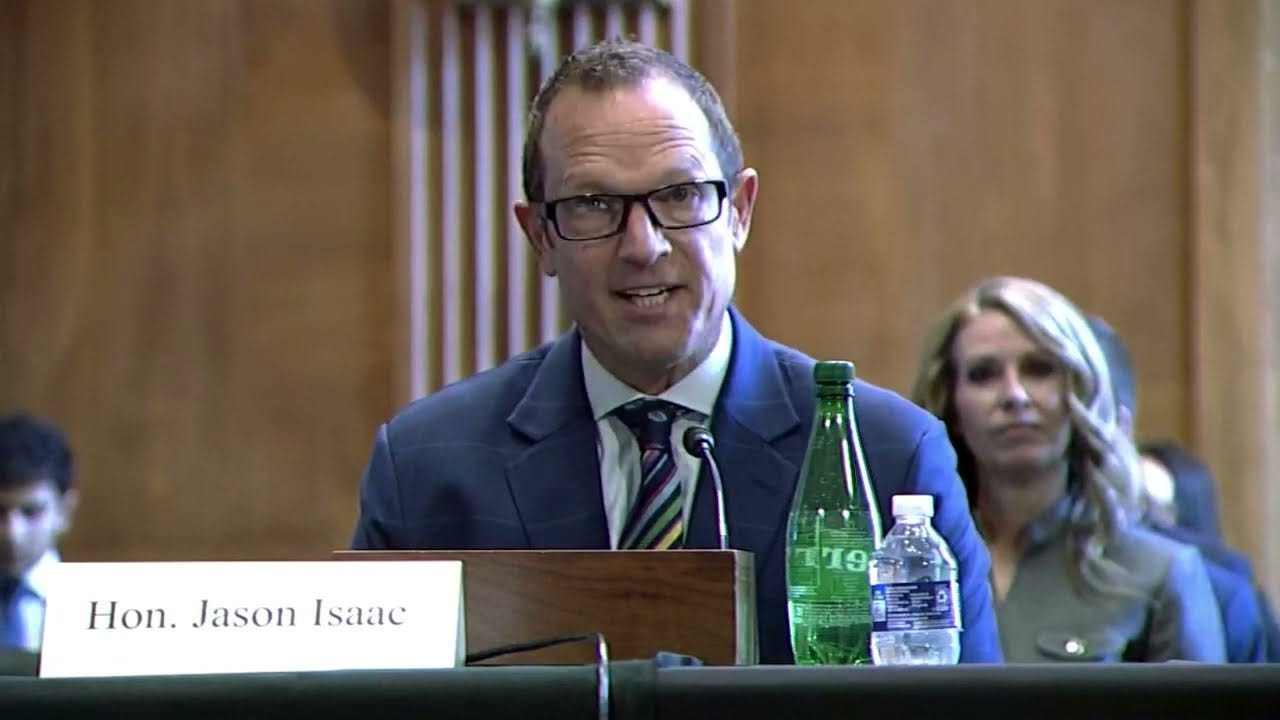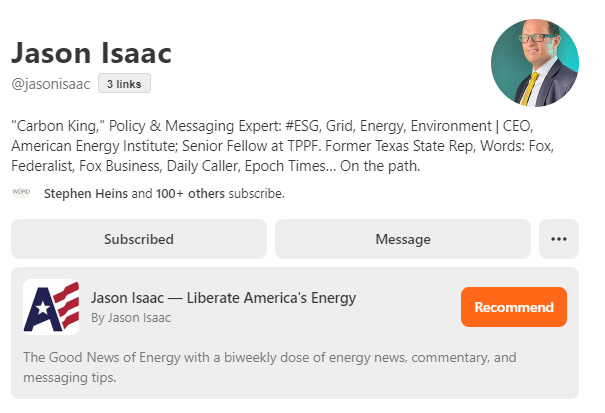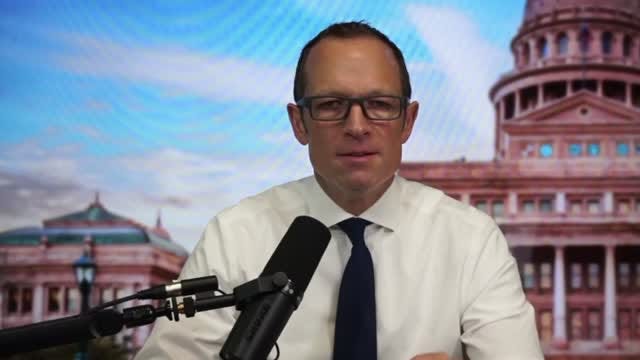Jason Isaac, founder and CEO of the American Energy Institute and a Senior Fellow for Life:Powered, a national initiative of the Texas Public Policy Foundation, joined Jason Spiess and Steve Bakken to discuss the impacts of the Supreme Court Decision or Deference regarding the 1984 Chevron U.S.A., Inc. v. Natural Resources Defense Council case.
Last Friday, the Supreme Court, in a 6-3 ruling along ideological lines, overturned Chevron and handed authority back to Congress and the courts. Overturning the doctrine is a significant ruling that limits federal regulatory power.
The decision was split along ideological lines, with the conservative majority voting to overturn Chevron. Chief Justice John Roberts, writing for the majority, called the Chevron framework "unworkable" and said the court was ending "our 40-year misadventure with Chevron deference.”
The Supreme Court's decision to overturn the Chevron doctrine is expected to have far-reaching implications for federal regulations across various sectors, including environmental protection, public health, workplace safety and consumer protections. It impacts the power of federal agencies, such as EPA, to issue regulations.
The Chevron doctrine previously allowed agencies to interpret vague laws. This change provides opponents a clearer legal path to challenge regulations, potentially forcing agencies to be more cautious in drafting rules.
Simply put, the Chevron U.S.A., Inc. v. Natural Resources Defense Council, Inc. decision in 1984 is a landmark Supreme Court case that established the principle of "Chevron deference."
The ruling held that courts should defer to federal agencies' interpretations of ambiguous statutory language as long as the interpretation is reasonable. This principle arose from the Clean Air Act, where the Environmental Protection Agency (EPA) had to interpret certain provisions.
Impact on the Marketplace
Chevron deference significantly influenced the marketplace by allowing regulatory agencies to implement and enforce rules without excessive judicial interference. This led to a more predictable regulatory environment, as businesses could rely on agencies' interpretations. However, it also resulted in increased compliance costs and regulatory burdens for businesses, particularly in highly regulated industries such as energy, pharmaceuticals, and finance.
Impact on Regulatory Agencies
For regulatory agencies, Chevron deference was a powerful tool. It provided them with the authority to interpret and implement ambiguous laws, thereby enabling more flexible and adaptive regulation.
This authority allowed agencies to address complex and evolving issues without waiting for Congress to update legislation. Consequently, agencies like the EPA, FCC, and FDA could more effectively pursue their regulatory goals.
Impact on Special Interest Groups
Special interest groups, which aim to influence public policy, also felt the effects of the Chevron decision. These groups often lobby regulatory agencies to interpret laws in ways that benefit their interests.
Chevron deference meant that these agencies had substantial power to shape policy through interpretation. This dynamic empowered well-organized and well-funded interest groups to exert considerable influence over regulatory outcomes, often through lobbying and litigation strategies.
Recent Developments
The recent Supreme Court ruling in June 2024, which effectively ended Chevron deference, marks a significant shift. The court now requires a more stringent review of agency interpretations of ambiguous statutes, which may lead to more judicial challenges and uncertainty in regulatory enforcement.
This change could reshape the landscape for businesses, regulatory agencies, and special interest groups, potentially leading to less predictable regulatory environments and more litigation.
Jason Isaac is Founder and CEO of the American Energy Institute and a Senior Fellow for Life:Powered, a national initiative of the Texas Public Policy Foundation. Jason has appeared live on Fox News, Fox Business, CNN, and other national news shows, and his commentaries have been published in Fox News, Fox Business, The Hill, The Washington Examiner, The Daily Caller, and other publications.
Prior to starting the American Energy Institute, Jason, a fourth-generation native Texan, was elected four times as the State Representative for Hays and Blanco counties in the Texas Hill Country. He served on the Energy Resources and Environmental Regulation committees, among others. During his eight years of service, he successfully passed legislation to reduce taxes, strengthen election integrity, improve public education, preserve Second Amendment rights, protect local groundwater, and protect private property rights.
He was repeatedly honored for his commitment to limited government and proved to be an effective leader, excelling at both advocating for conservative principles and working across the aisle to find responsible solutions for the future of the Lone Star State.
Jason is a graduate of Stephen F. Austin State University and lives in Central Texas with his wife, State Representative Carrie Isaac, their sons, and their Jack Russell Terrier, Daisy.
Email your sustainable story ideas, professional press releases or podcast guest/topics submissions to thecontentcreationstudios(AT)gmail(DOT)com.
RMI Supply
Leading provider of specialty oilfield chemicals. Focusing on bringing trusted products to the market combined with a fast and responsive service.



















How the Chevron Deference Impacts America